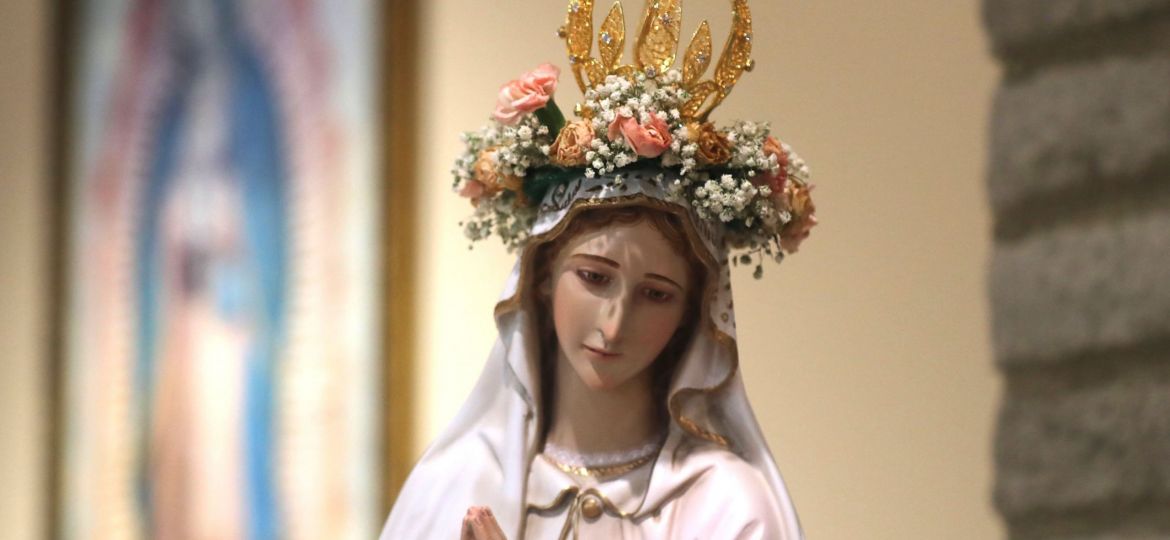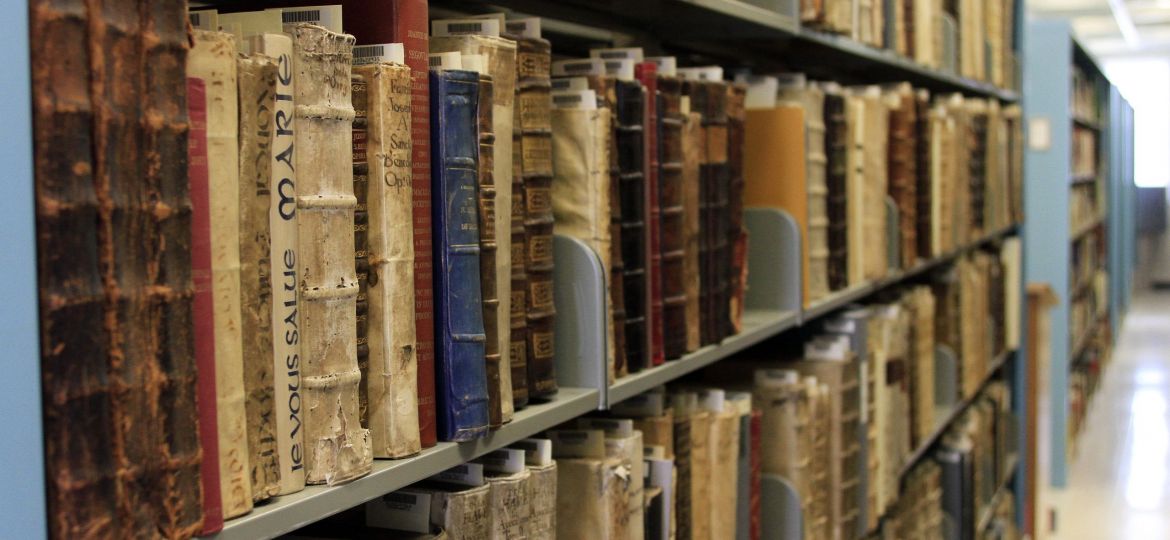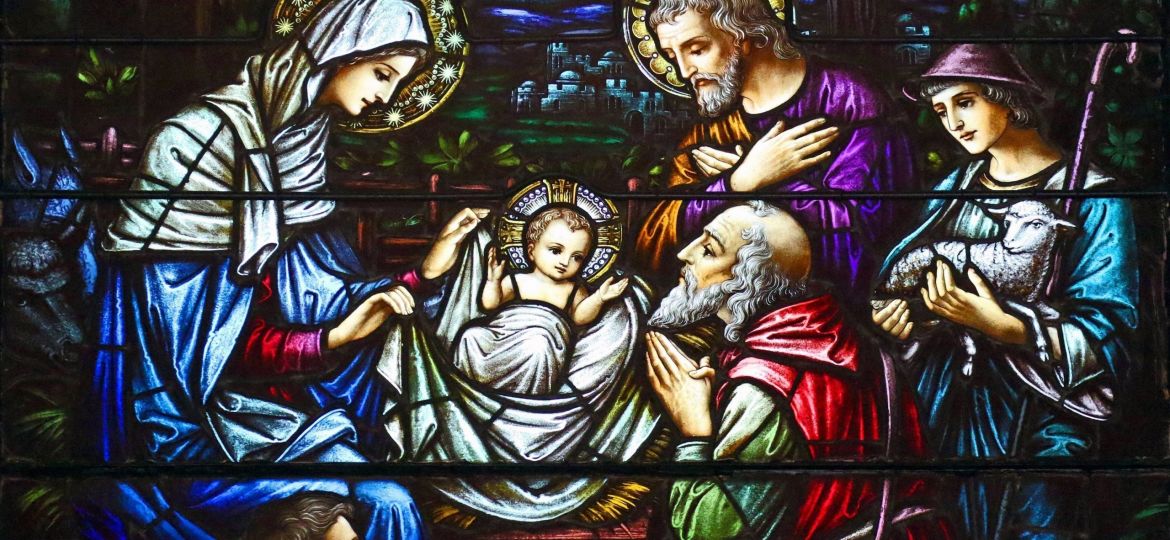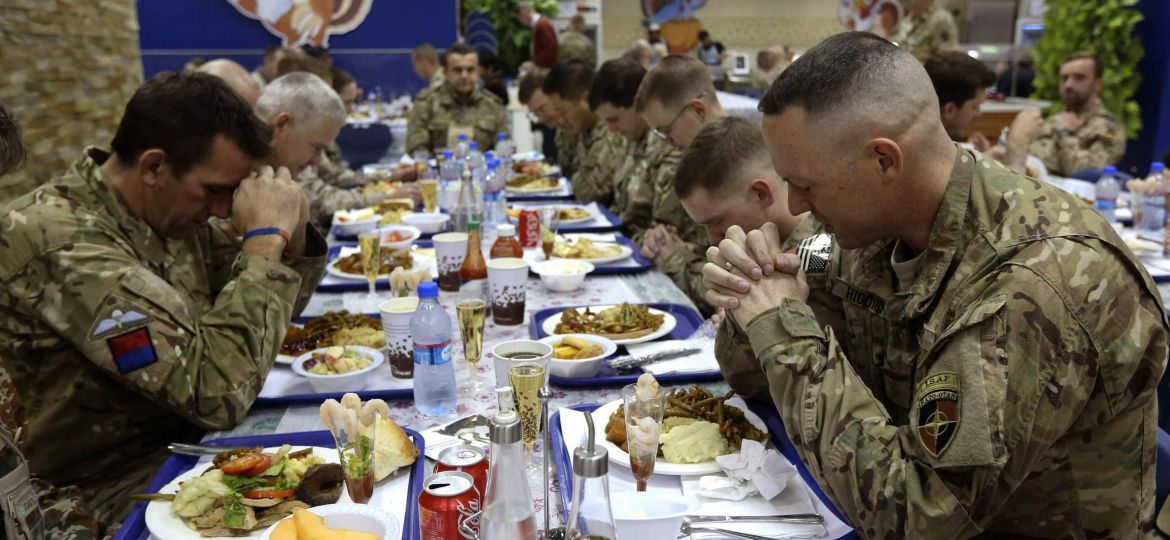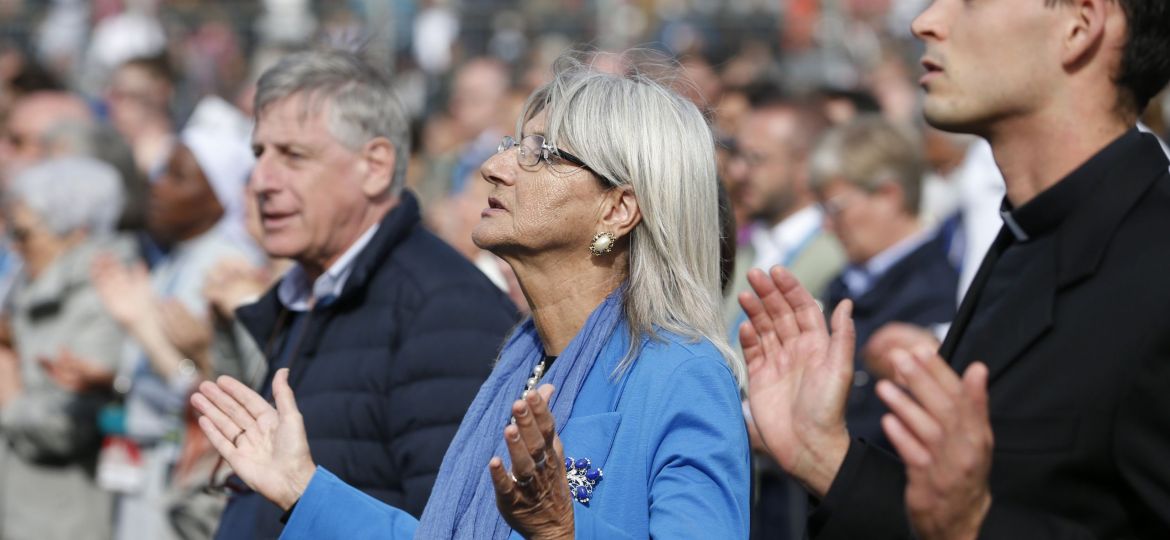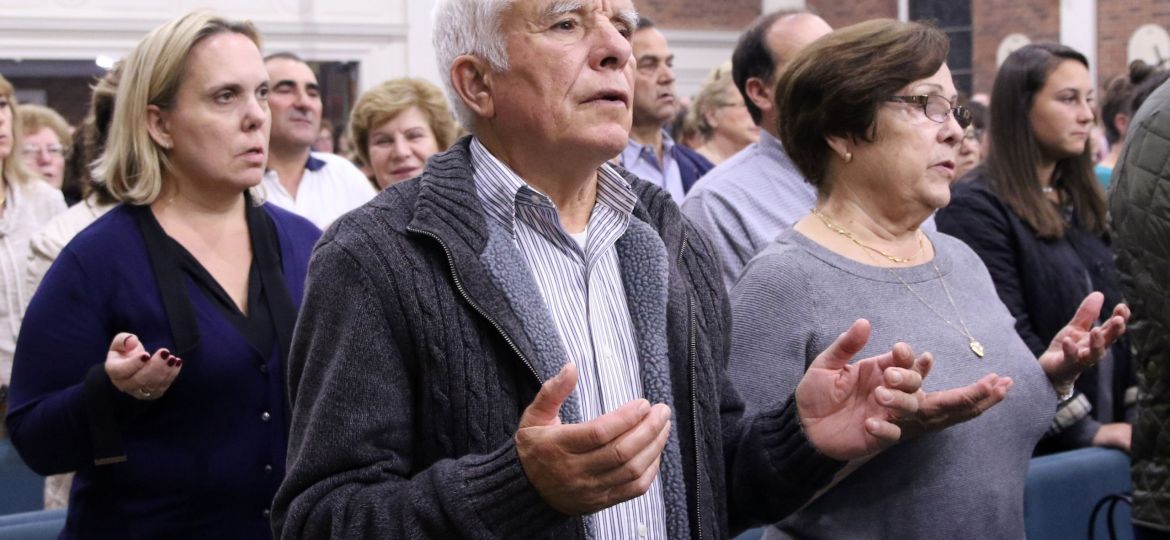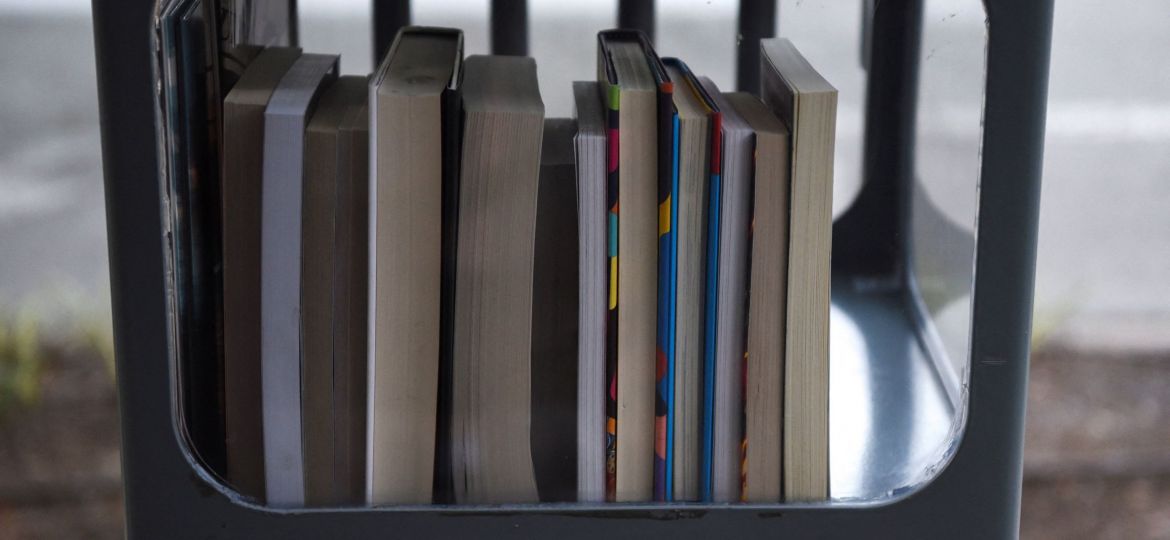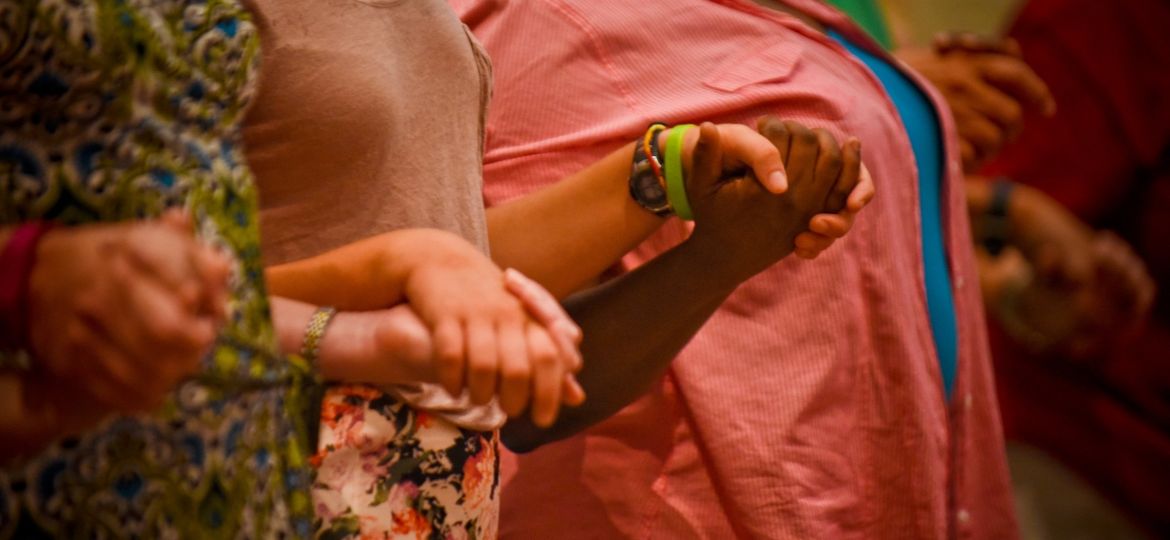St. Luke gives us the angel Gabriel’s annunciation greeting to Mary as “Chaire, kecharitōmenē” (Lk 1:28). There are thrilling grammatical and theological mysteries packed into these two Greek words.
I recently enjoyed a wonderful apocalyptic novel, “Lord of the World,” by the British author and priest, Robert Hugh Benson. I was excited to read this book because I learned that recent popes (such as Benedict XVI, Francis, and Leo XIV) have spoken about it as a prophetic reflection of our times.
The days are darkest in late December. Our calendar year ends with the briefest appearances of sunlight. The wintry chill that covers so many lands, the leafless trees, and the absence of flowers and plants all provide a hint of death at work in the sleeping earth.
With Thanksgiving Day coming up, and given the social climate in our country, I am moved to reflect on the connection between love and criticism.
The two petitions that conclude the “Our Father” prayer form a single sentence. “And lead us not into temptation” is inseparable from “but deliver us from evil,” according to faith as well as grammar. And just as the word “temptation” needed to be mined for deeper insights, so too does the word “evil.”
As Catholics, how should we imagine our relationship with the world? We often talk about “walls” and “doors” and “bridges” to explain how the Church should either connect to the world for the sake of evangelizing it or separate herself from the world for the sake of remaining faithful to God.
In the last decade, the liturgical versions of the Our Father have been changed in both French and Italian to soften the apparent harshness of this petition. The French translation is now “Ne nous laisse pas entrer en tentation,” “Do not let us enter into temptation,” and the Italian runs “Non abbandonarci alla tentazione,” “Do not abandon us to temptation.”
Rod Dreher’s “The Benedict Option” (2017) has been on my list of things to read for a long time. As a Cistercian monk rooted in the Benedictine tradition and apostolically engaged as a priest and teacher, I basically felt like it was required reading, given how often people refer to it.
This petition is the most scandalous of them all. The verb tenses reveal the heart of the matter.
I recently read a book about discernment and the spiritual life that I’d recommend to just about anyone but especially to the young: Stacey Sumereau, “Adventure Awaits: How to Interpret Your Desires and Hear God’s Voice” (Ave Maria Press, 2025). It is short and divided into bite-sized sections filled with stories, explanations, and spiritual exercises. It is written in a friendly style and rooted in Catholic faith.

